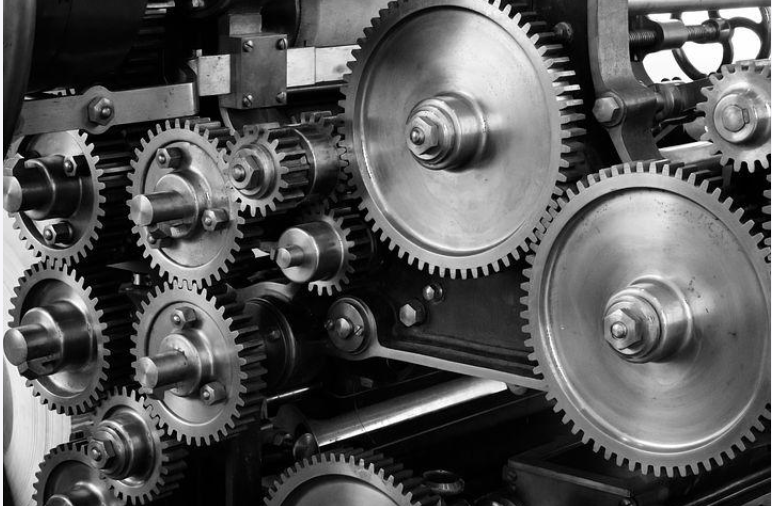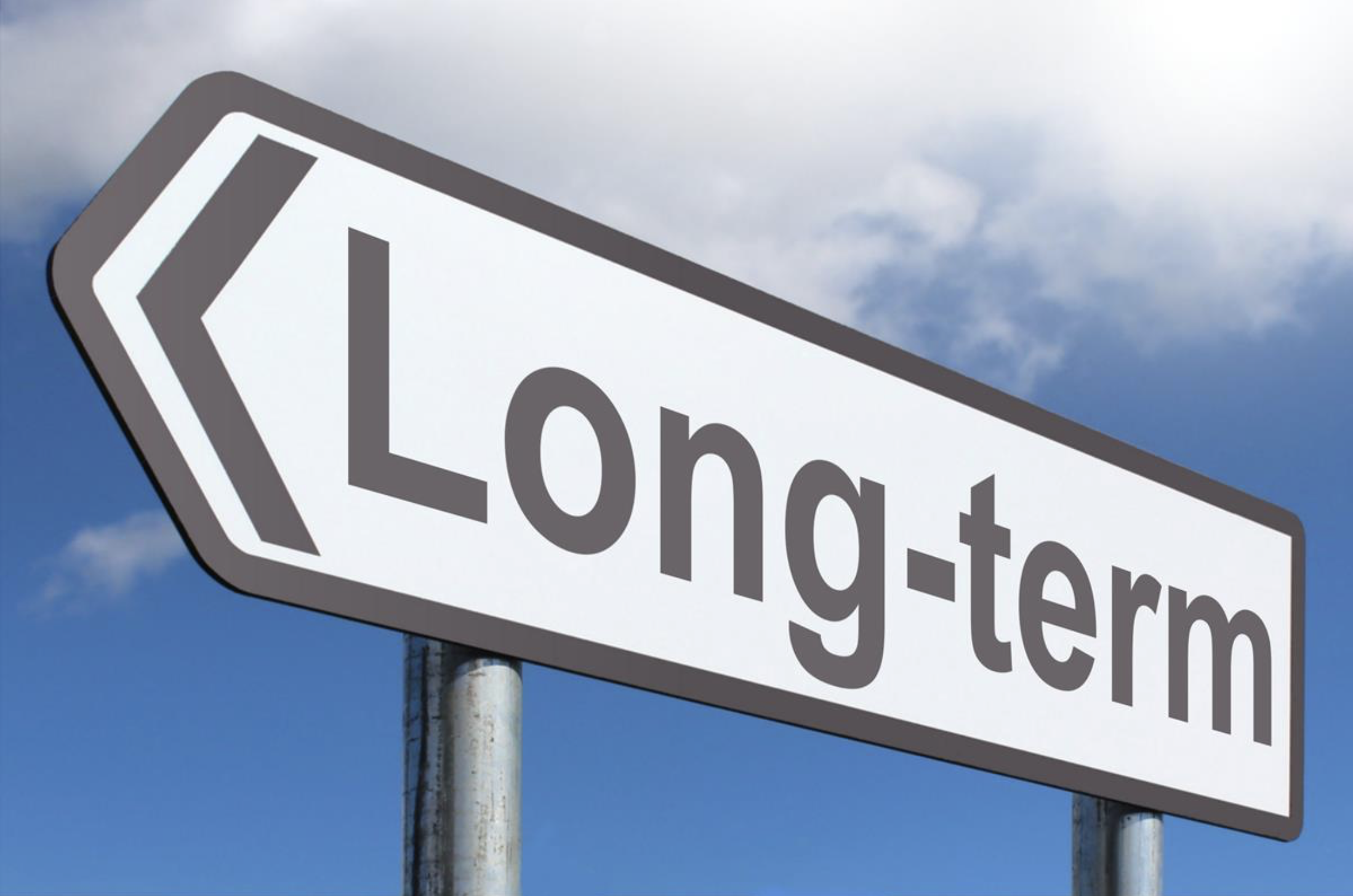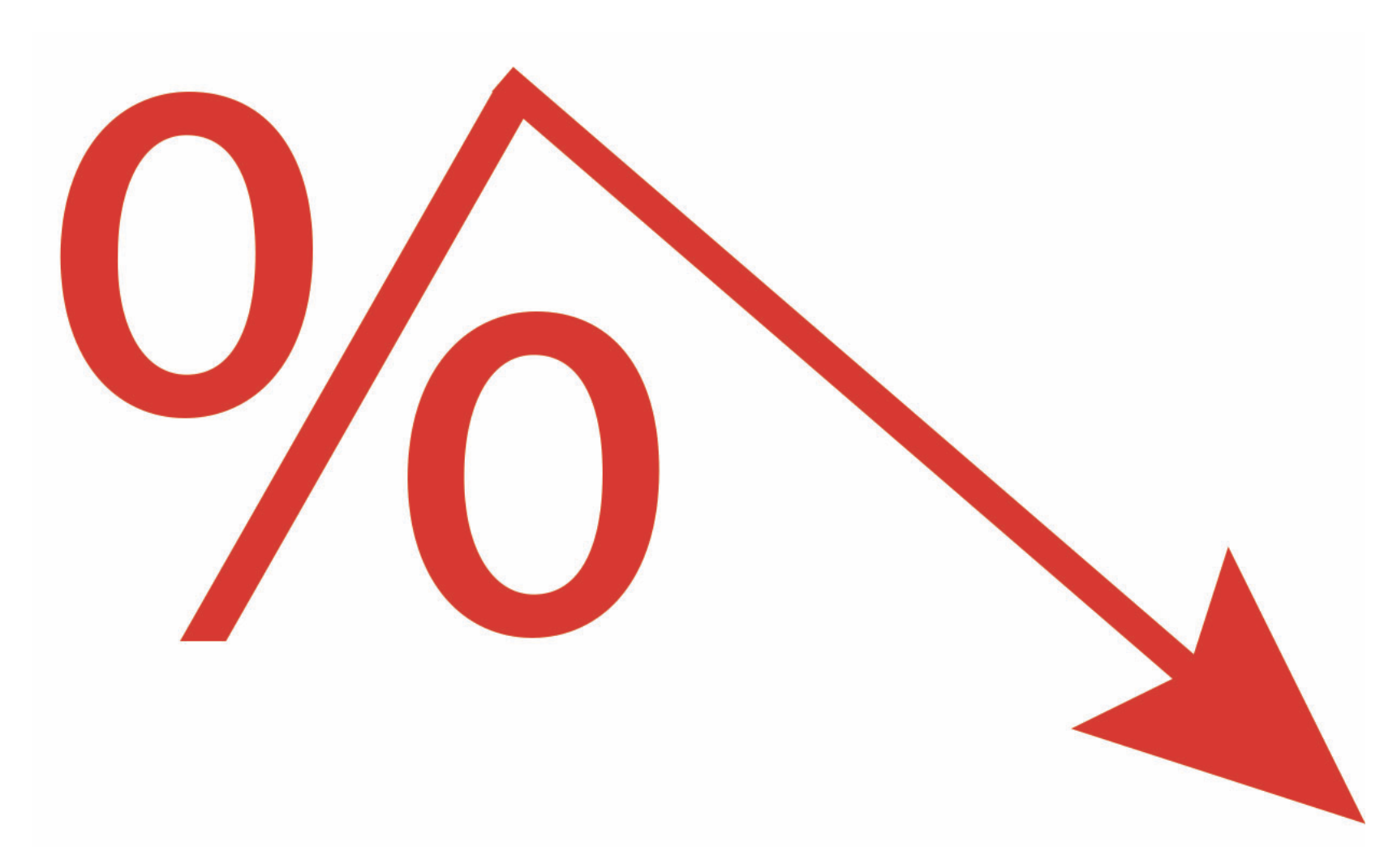 The year was 2009. Commercial real estate had just fallen by 45%. Banks were failing by the hundreds, and the unemployment rate was sky high. Investors and borrowers were terrified.
The year was 2009. Commercial real estate had just fallen by 45%. Banks were failing by the hundreds, and the unemployment rate was sky high. Investors and borrowers were terrified.
If there was ever a time to invest aggressively in first trust deeds, that was the time. After falling by 45%, real estate was not likely to fall much further. In fact, real estate - once it has crashed by 45% - tends to quickly bounce right back upwards. Historically, after falling to its final low (it's nadir or low-point for the cycle), real estate tends to recover to 80% of its former highs within 18 months, as the smart bottom-fishers start to feed. Within a year thereafter, real estate in the United States often reaches new highs.
After falling by 45%, real estate
was not likely to fall much further.
Therefore, if you are ever going to get greedy and reach for sky high yields (I never recommend it), the time to demand a goofy 12% yield would be during the crash. If you do have to actually file foreclose during a crash, by the time you finally get control of the property, the property may have since recovered 20% in value.
On the flip side of that cycle, you have a period like now, when real estate has been climbing relentlessly in value for more than a decade. Folks, real estate tends to crash by 45% about every ten to fourteen years. It's been thirteen years since the Great Recession started in 2008. Hmmm. It's about time for Old Faithful to blow.
Should you rush out and sell all of your stocks, bonds, bitcoins, gold, and first trust deeds? Should you go to 100% cash? There is an old short seller's sad mantra, "The market can stay irrational longer than you can remain solvent."
Bitcoin, stocks, and real estate could keep going up for another two or three years. By the way, I predict that the next crash will be named after Bitcoin - maybe, "The Cryptocurrency Crash" or "The Bitcoin Blow-Up." In hindsight, many investors may think themselves as foolish as the ones who bought dot-com stocks in the early 1990's. Digital currencies could prove to be as as much of a delusion as "eyeballs" were during Dot-Com Mania.
You can't afford to give up two or three more years of earnings waiting for Old Faithful to blow. Predicting the exact date of the next crash is not an exact science, especially with the Fed constantly inflating the bubble with new money.
But what you CAN do is to lower your yield demands on first trust deeds right now, in order to get into safer deals. This is NOT the time to reach for yields in your trust deed portfolio. Real estate really-really is due for its next 45% decline.
By the way, during each of the prior real estate crashes over the past 41 years, most of the "junky little commercial loans" in our portfolio became upside-down. In other words, our commercial borrowers owed more than their properties were worth.
To our shock and surprise, being upside-down often proved to be unimportant because most of our borrowers just kept making their payments. No guarantees here, folks. Past results are no guarantee of future performance. This is just what we experienced during the S&L Crisis, the Dot-Com Meltdown, and the Great Recession.
Folks, it's time to dial back your yield demands and to get into safer deals. This is definitely not the time to reach for yield.
What Are Trust Deeds?
Trust deeds (or mortgages, depending on the state) are investments in a loan, secured by real estate, directly to the borrower. Rather than putting your money in the bank and having the bank make the real estate loan, private investors can actually make the loan directly.
The trust deed investment business is huge in California, and it has been around at least 80 years. Recent law changes now allow investors from every state to invest in trust deeds, as long as they are accredited investors. The good news is that you can earn 8% to 12% interest in first trust deeds. The bad news is that you, not the bank, take the loss if the loan goes bad.
Scary Disclosure Stuff:
Investing in first trust deeds involves substantial risk. Before you invest with Blackburne & Sons, my own hard money shop, or any other reputable hard money outfit, you will be given a huge Offering Circular, which discloses many of the risks. Don't be foolish. You simply must read it.
My Personal Trust Deed Investment Advice:
(1) Never reach for yield because a trust deed loan with a high-interest rate also has high monthly payments. These high payments will often grind your borrower into the dust. You want your borrower to succeed because, in real life, you will rarely make a profit on a foreclosure. (2) Usually the smaller the loan, the less-risky the trust deed investment. Small loans have small payments. (3) Always maintain plenty of liquidity because effectively every foreclosed property requires substantial renovation. (4) Take small pieces in lots of different loans because "Stuff Happens." We once had a residential care home that was swallowed whole by an old coal mine in Pennsylvania. (5) Lastly, spread your trust deed portfolio out across the country. The Big California Earthquake is now two decades past due.
Now the Good News:
I genuinely believe that a diversified portfolio of small, low-yielding first trust deeds - what I call "junky little commercial loans" - may be one of the most prudent investments you can make. Over the past 41 years, our hard money investors have survived three financial crashes - the S&L Crisis, the Dot-Com Meltdown, and the Great Recession. Real estate crashed by 45% each time. Surprisingly, most of our "junky little commercial first trust deeds" (our deals would never qualify at the bank) paid relatively as agreed. Not every loan was a success. These crashes were scary; but those of our investors who did not panic and did not dump their properties at the very bottom of the market, came out largely whole. In contrast, their stock and bond portfolios often got crushed. I like "junky little commercial first trust deeds." It's a great investment niche, and if the loan performs, trust deeds pay monthly interest. You don't have to sell and pay taxes to get cash.








